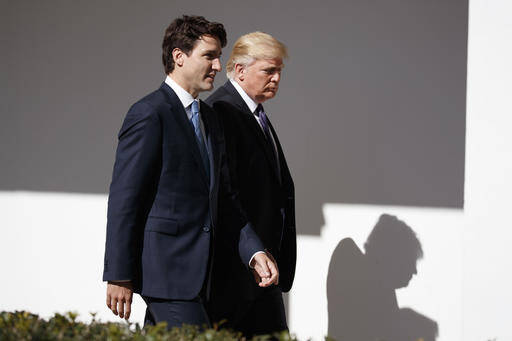After Donald J. Trump became the second person in less than 20 years to win the presidency while losing the popular vote, street protesters and constitutional lawyers alike called for a change in the way we elect our national leaders. But that cause already seems to be losing momentum. The realist view is that smaller states are never going to approve any change to a status quo that now gives them disproportionate influence in U.S. politics. On Feb. 7, Supreme Court Justice Ruth Bader Ginsburg told an audience at Stanford University, “some things I would like to change, one is the Electoral College,” but she did not elaborate, and the comment was reported as more of an “Over the Rainbow” yearning than a serious call to action.
Perhaps the United States is too big and unwieldy to change its political system, but Canada is not having any more success at it. In his successful campaign for prime minister last year, Justin Trudeau made electoral reform one of his key issues, vowing to eliminate the “first past the post” system that allows political parties to win elections with less than half the vote—the system also used in the United States. But in early February, Mr. Trudeau announced that he was abandoning the reform effort, frustrated by the lack of consensus for an alternative system. Each political party wanted a system—“ranked” voting, proportional representation or something else—that would play to its strengths, and Mr. Trudeau apparently despaired of reaching any solution that would be seen as equitable by all.
Back in the United States, we continue to debate not only the Electoral College but also redistricting, campaign finance and voter eligibility, all without consensus on what is a “fair” outcome, let alone how to get there. Indeed, just about every public policy debate has devolved into a zero-sum game between the two major parties. When politics gets too intense, Americans have a habit of wishing we were more like our “nice” northern neighbor. The news that partisanship is also dooming reform efforts in Canada is as welcome as a springtime blast of Arctic wind.









